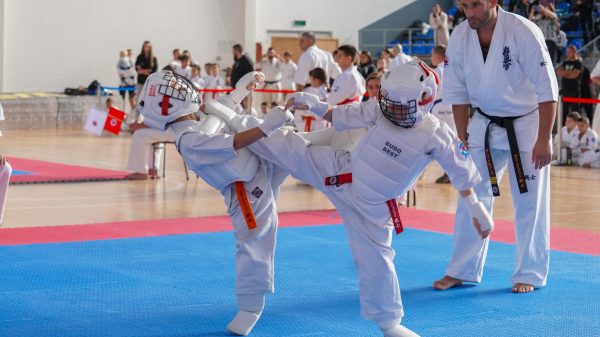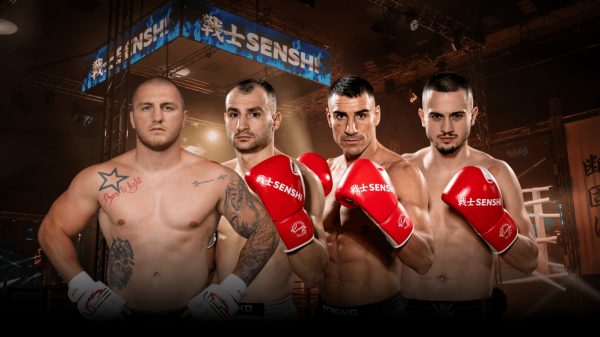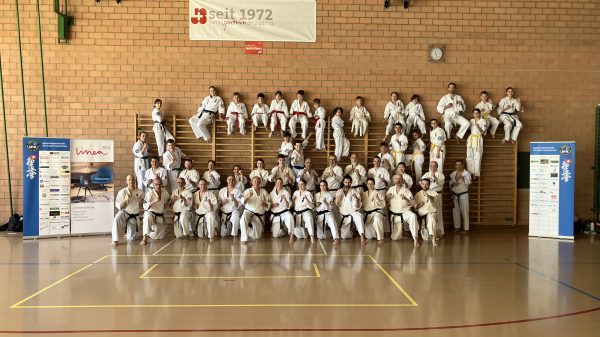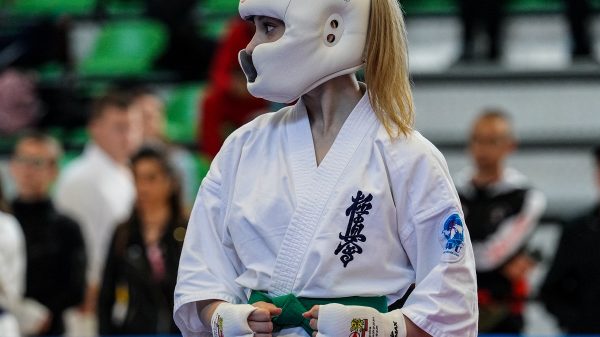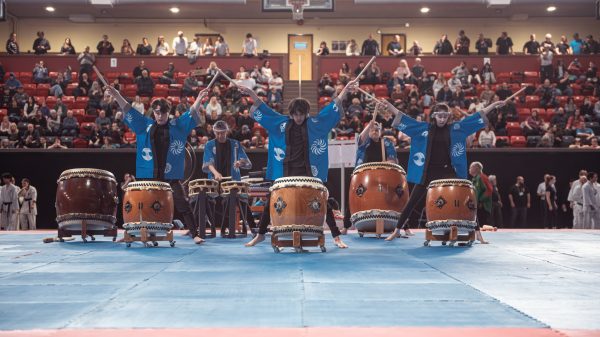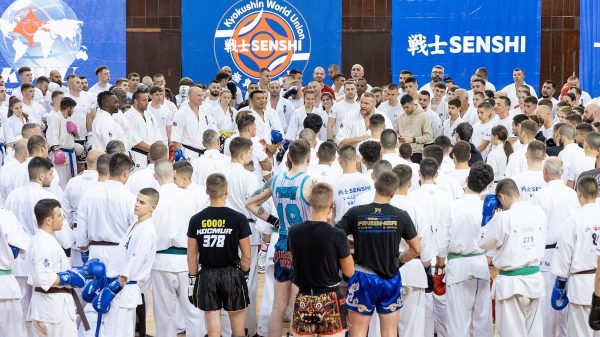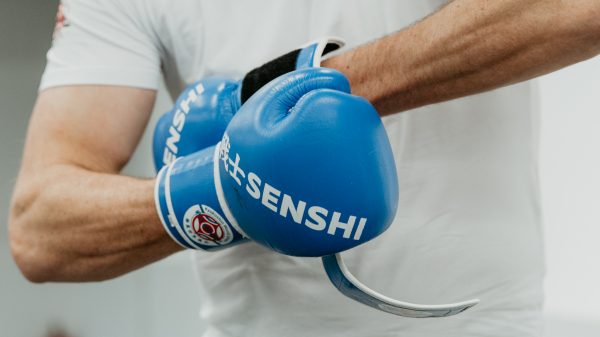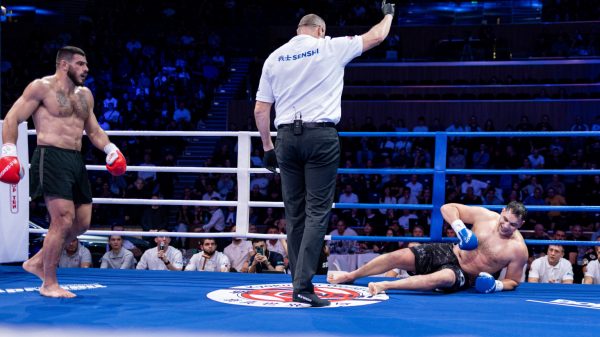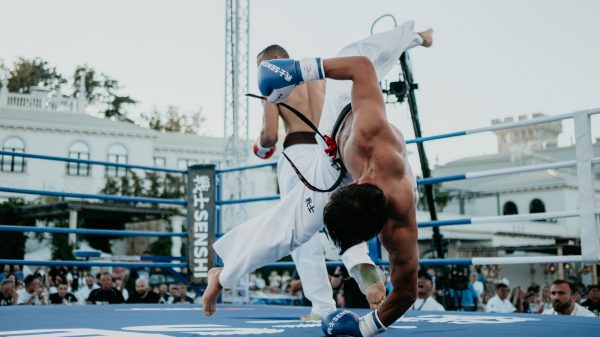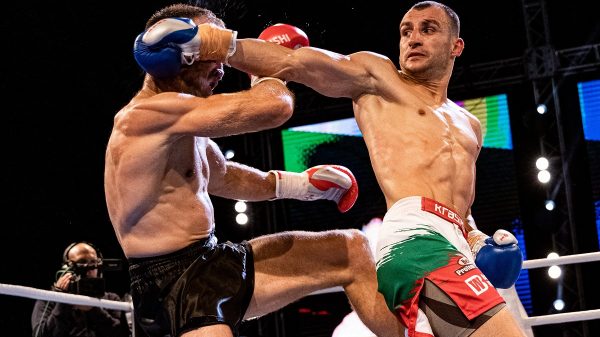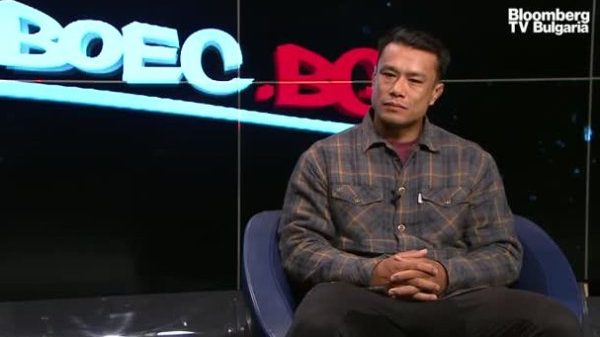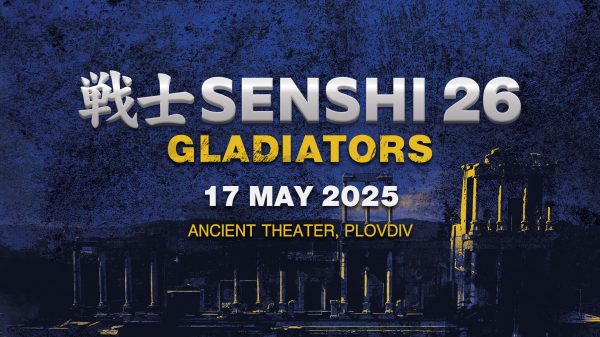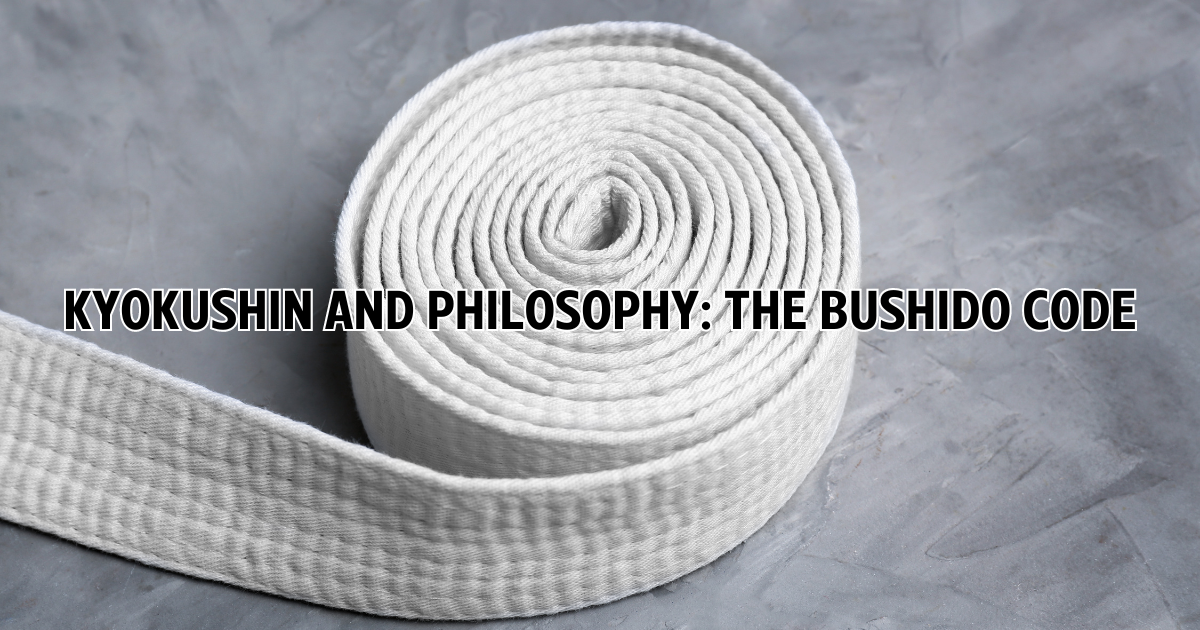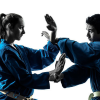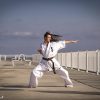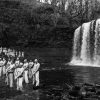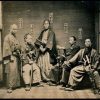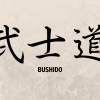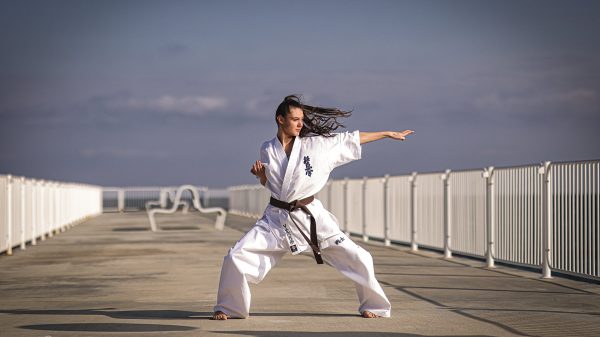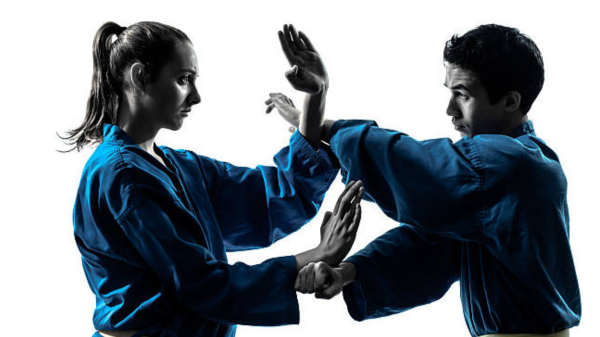Kyokushin Karate, a martial art developed by Masutatsu Oyama in the mid-20th century, has deep roots in traditional Japanese martial arts and is strongly influenced by the Bushido code. The Bushido code, which translates to “Way of the Warrior,” is a set of ethical principles and ideals governing feudal Japan’s samurai warriors. Several critical aspects of the Bushido code have found resonance in the philosophy of Kyokushin Karate:
- Rectitude (Gi): Both Bushido and Kyokushin emphasize the importance of moral integrity and doing what is right. In Kyokushin, practitioners are encouraged to uphold a strong sense of honor, honesty, and sincerity in their training and daily lives. This aligns with Gi’s Bushido principle.
- Courage (Yuki): The Bushido code greatly emphasizes the virtue of courage, which is reflected in Kyokushin’s demanding training regimen. Practitioners are often pushed to their limits physically and mentally, encouraging the development of inner strength and courage.
- Benevolence (Jin): Benevolence, or compassion, is another principle shared between Bushido and Kyokushin. While Kyokushin is a full-contact martial art, its philosophy emphasizes compassion and empathy for others inside and outside the dojo.
- Respect (Rei): Respect for others, especially one’s seniors and instructors, is a fundamental aspect of both Kyokushin and the Bushido code. The etiquette observed in Kyokushin dojos, such as bowing and addressing seniors with proper titles, reflects this value.
- Honor (Meiyo): Honor is a central theme in both Bushido and Kyokushin. Maintaining personal honor and the honor of the dojo is stressed in Kyokushin philosophy. This is evident in the emphasis on fair play, discipline, and integrity during training and competitions.
- Loyalty (Chugi): The art values loyalty to one’s sensei (instructor), fellow practitioners, and the principles of Kyokushin. This loyalty is akin to the Bushido principle of Chugi, which emphasizes unwavering loyalty and commitment.
- Self-Control (Jisei): Both Kyokushin and Bushido stress the importance of self-control. In the heat of combat or challenging situations, maintaining composure and making decisions with a clear mind are crucial aspects of the martial art and the samurai code.
- Sincerity (Makoto): Sincerity involves being true to oneself and others. In Kyokushin, practitioners are encouraged to approach their training with sincerity, humility, and an earnest desire for self-improvement—a concept aligned with the Bushido principle of Makoto.
Integrating these Bushido principles into Kyokushin Karate contributes to the development of skilled martial artists and individuals who embody a strong moral and ethical character. The philosophy extends beyond the physical aspects of martial arts, emphasizing the importance of personal development, respect for others, and a commitment to living an honorable and disciplined life.


